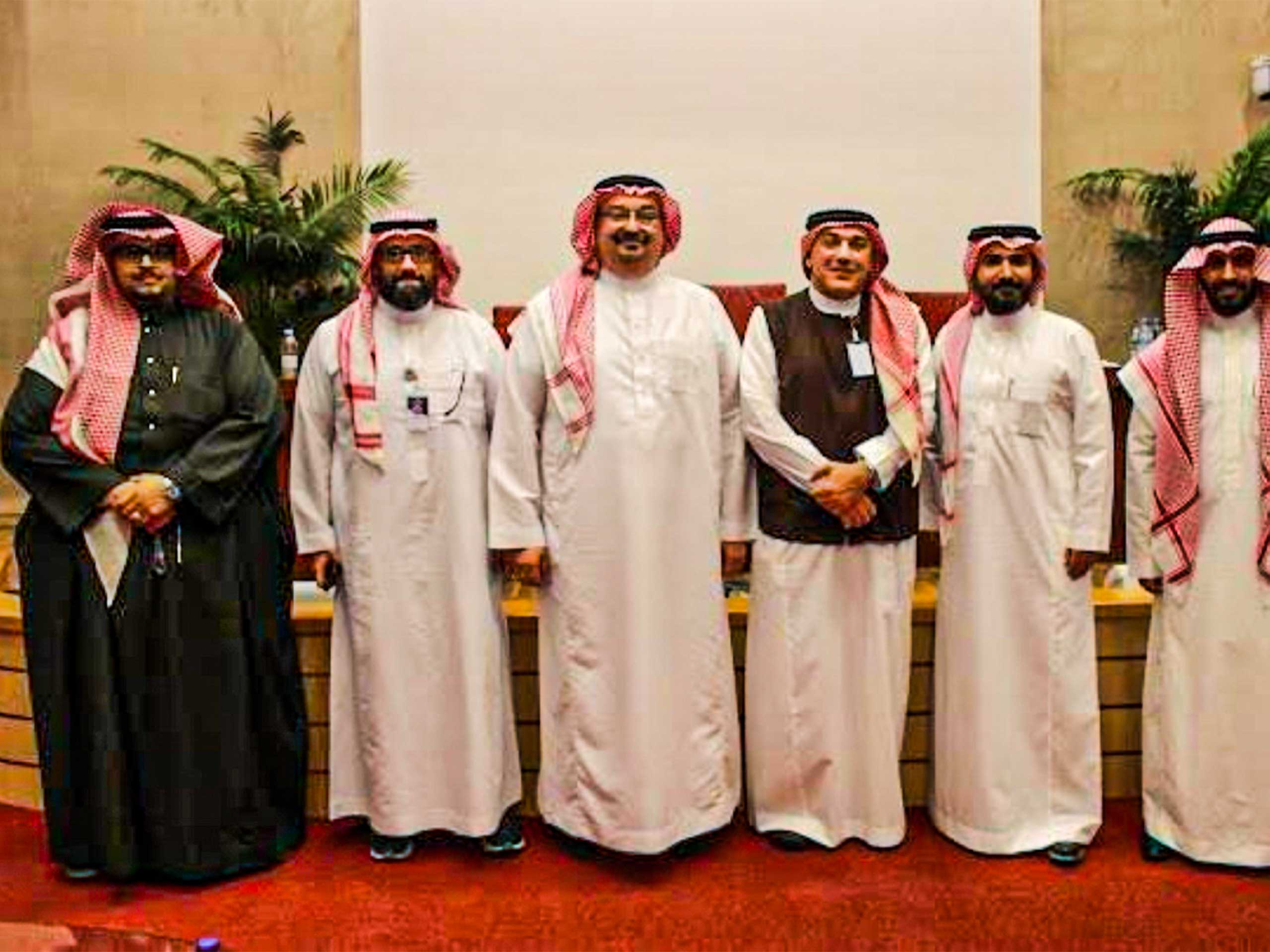It is known that the profession of laws in the world is to regulate the movement of life among members of society within a single state and between states and some of them in international law and other relevant laws. This includes what is related to satellites, spacecraft, missiles, celestial bodies and the moon, considering that space is a common space for all to explore.
The Outer Space Treaty has provided an organization for that space known as (the Treaty on Principles Governing the Activities of States in the Exploration and Use of Outer Space), including (the Moon and other celestial bodies), a treaty that forms the basis of international space law. The treaty began with the signing of three countries, the United States of America, the United Kingdom, and the Soviet Union on January 27, 1967, and it entered into force on October 10, 1967. 98 countries joined the treaty as of January 1, 2008, while 27 signed the treaty, but its ratification has not yet been completed.
Outer space is available for all countries to explore and it is not the monopoly of anyone. The development of nuclear weapons in outer space is prohibited and must be used exclusively for peaceful purposes. No one has the right to claim ownership of any land in space or establish a military base there or otherwise.
The surface of the Moon, its interior, or any part of it, or any natural resources, cannot become the property of any state, any non-governmental entity, or any natural or legal person.
On the other hand, it is expected in the future, according to the amazing scientific development, that in the future they will become mobile cities, and the towers will also roam around the world; Therefore, it was necessary to have a law that protects the movement of cities from collision and the registration of anything that is launched into space. The registration agreement is similar to the law of vehicles, including the registration of the orbital path of the spacecraft or the flying tower, the place of launch and the purpose of its launch. In this context, we refer to what the sisterly UAE has achieved to manufacture The first Emirati rocket and its launch into outer space. Recently, centers have been found to follow up and monitor the progress of these missiles and studies in the field of space law. The government from whose territory the spacecraft were launched bears full responsibility for any collision.
In order to preserve this universe from the factors of pollution and destruction, an agreement was established according to which all space agencies undertake to do their utmost to avoid any kind of pollution in outer space while sending spacecraft on exploration missions.
Although the Outer Space Treaty does not allow ownership of anything in space, there is a controversial paragraph in the American Space Act of 2015, which allows ownership of resources extracted from space. In this paragraph, any citizen of the United States has the right to participate in Reclaim any space resource or asteroid to obtain it, including ownership, use, transfer and sale in accordance with applicable law in this regard.
Finally, there is the rescue treaty, where states must take all measures to rescue the astronauts and return them to the launching state in case they fall into a bad situation.
I decided to write my thoughts about space systems and consider opening a field for students in space systems, investment, research and building partnerships, which are new areas that promise many successes in which we will all work to participate in accordance with the vision of the Kingdom 2030, in order to reach a level that keeps pace with scientific progress in the world in these activities. .
I hope that I have drawn attention to the field of space law with my hope that this law will be taught and that we will be among the first participants in that field, and I aspire to have in the future we will have consultants in space systems. Good luck
* Lawyer and legal advisor












